Introduction
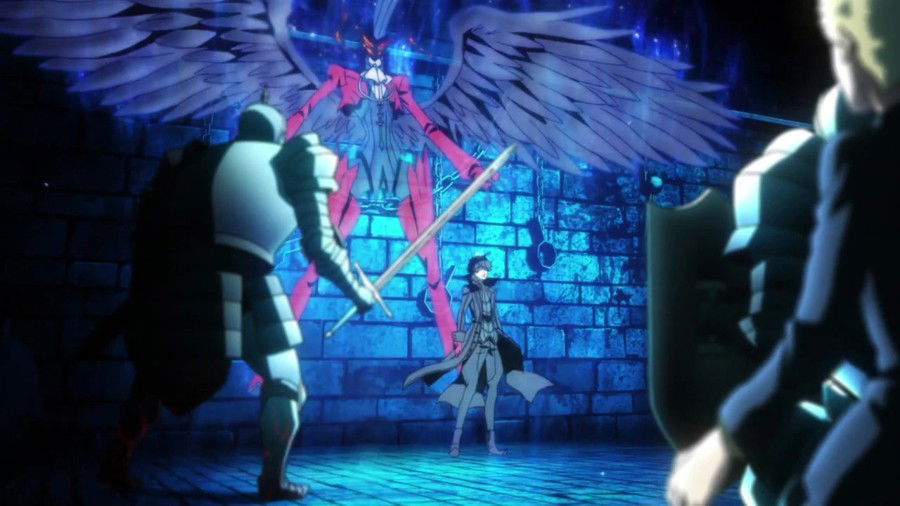
On September 15th, 2016, developer and publisher Atlus, known for its Shin Megami Tensei series, released its sixth game in the Persona series, Persona 5. 3 years later, the game receives a new version, which adds different endings, new characters, as well as mechanics that further extend the length of the campaign, and is easily considered one of the best JRPGs in history: Persona 5 Royal.
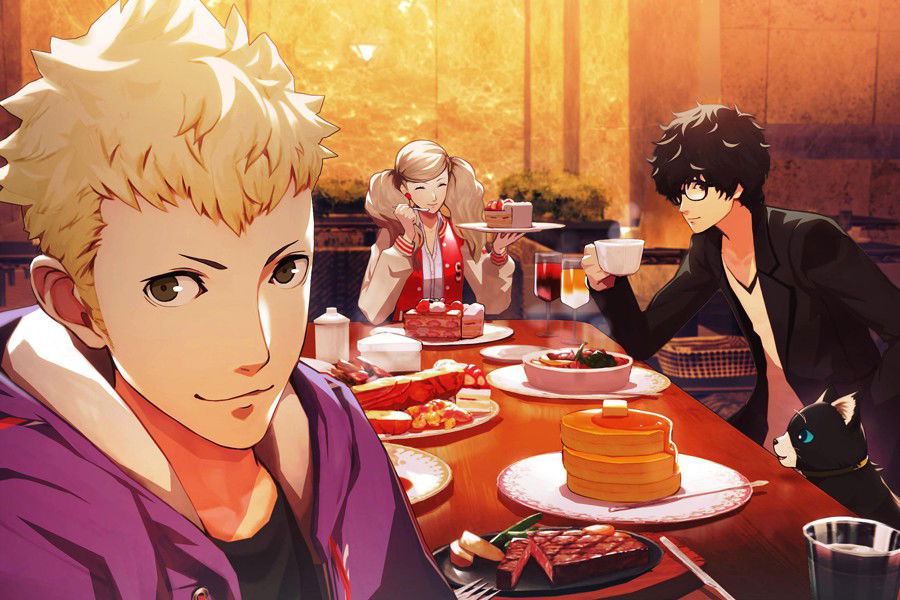
The game divides opinions among the general public for one simple reason: it takes over 100 hours of gameplay just to complete the main campaign, and that's still a low guess considering the amount of dialogue and cutscenes present; in my own experience, it took me 140 hours to finish it the first time. However, it's clear how players who have played the game still love it, and would like it to last even longer (myself included). All of these points lead us to question whether Persona 5 is worth playing in 2025, however, its narrative about society and relationships are timeless and the genius of the approach makes it definitely worth it.
The Plot
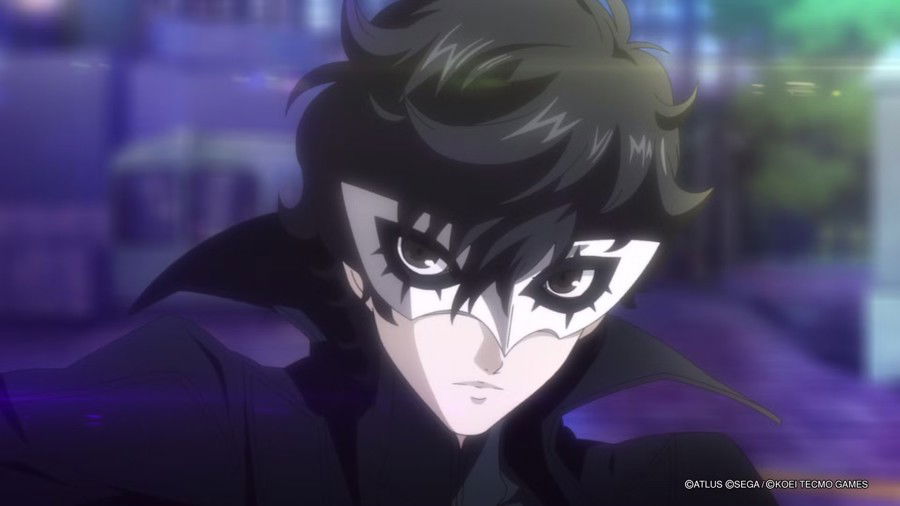
We follow a protagonist falsely accused of assault by a harasser while trying to defend a woman, and is unjustly blamed by the courts. Due to his probation, he’s transferred to the Shujin school, where he has difficulty socializing because everyone knows the reason for his transfer. This main character is filled with a feeling of anger and revolt against not only the situation he finds himself in, but against other injustices that are made visible along his path; this revolutionary feeling is the fuel for the awakening of his Persona, a power granted to those who manage to understand the true desires of their hearts.
Ad
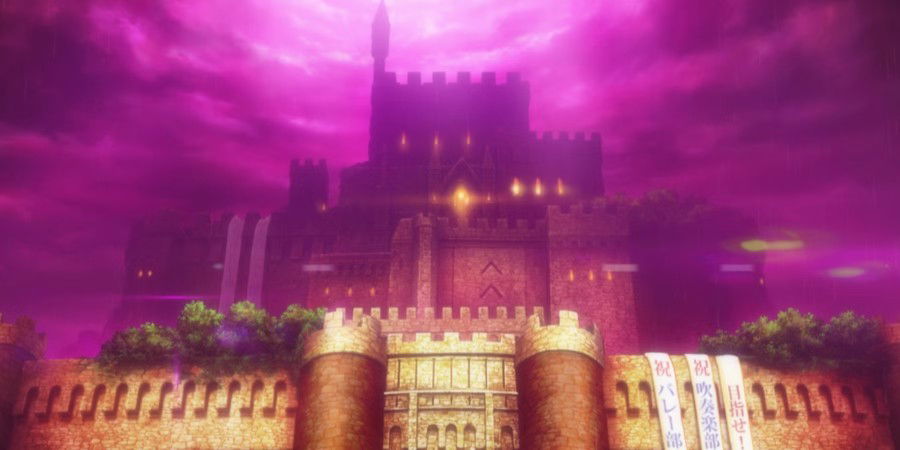
However, the Persona is a summoning only present in the Metaverse: a parallel universe formed by human cognition. In this same Metaverse, the materialization of the desires fulfilled by evil people occurs, in which it’s possible to visualize how people really are. At the same time, it’s possible to alter an individual's cognition and their perception of the world if it’s altered within their Metaverse. Thus, the protagonist joins with other students who also use Personas, forming a group of vigilantes to change hearts with evil intentions: The Phantom Thieves of Hearts.
Progression and Social Links
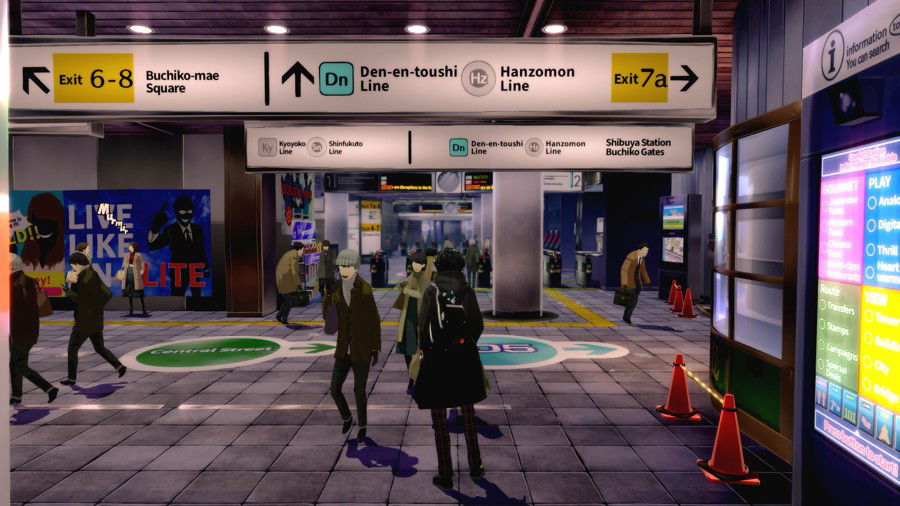
Persona 5 Royal always makes it clear to the player: your time is limited, and you choose how you should use it. Between our access to the Metaverse and the classes we have to attend, there are multiple options for choices we make during our rest and weekends: talking to a friend, going to the movies, reading, going to dinner, playing at the arcade, doing laundry, among countless others. Each of these actions takes up a valuable amount of time, as the game has time limits for story progression. In other words, if the main objective isn’t accomplished within so many days in the game, it’s Game Over and the player must restart that period as a whole.
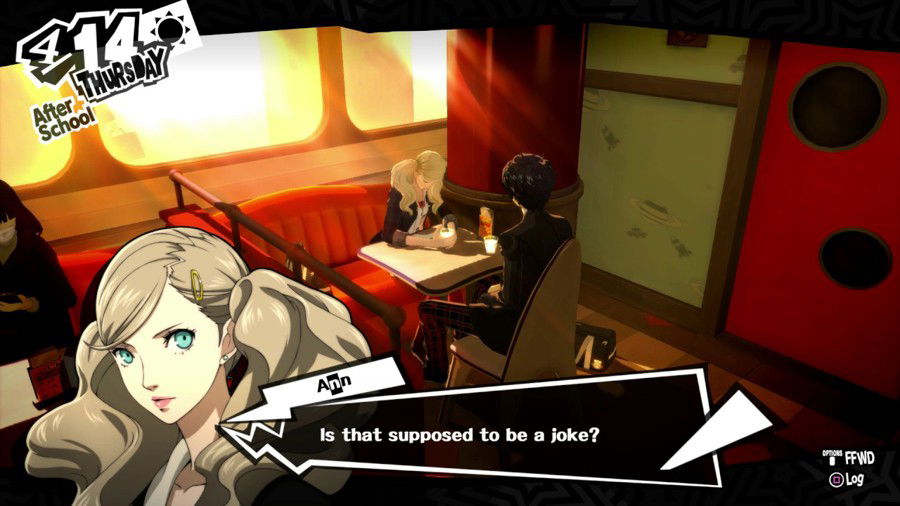
At the same time, we also have the mechanics of Social Links. During our campaign, the protagonist needs the help of several characters: a doctor to obtain healing items, a tracker, among others. These become his Confidants throughout the game, people who keep his secret identity and engage in relationships ranging from friendship to romance. Confidants and Personas also represent tarot cards, and the more free time spent with a Confidant, the higher the level with them becomes, which strengthens their Personas.
Social Issues
Ad
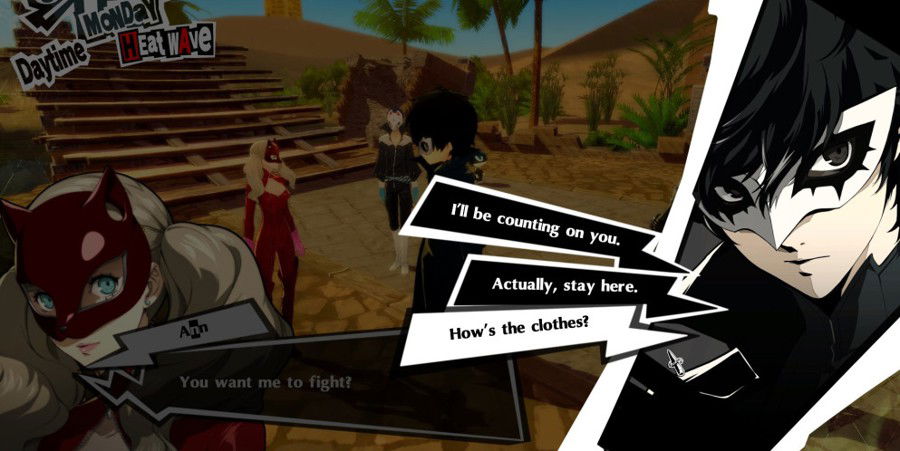
Persona 5 Royal is a game in which several social issues are addressed, some in a more subtle way, but in an open manner so that the player can reflect and face how human difficulties are dealt with. The further we advance in the progression of the story, it becomes quite clear that the supposed evil hearts that the protagonist wants to change are all linked to positions of power in a system of institutional hierarchy, where the oppressed are always those least contemplated in the status quo of society, and that only liberation through the personal paving of one's own path can bring happiness.
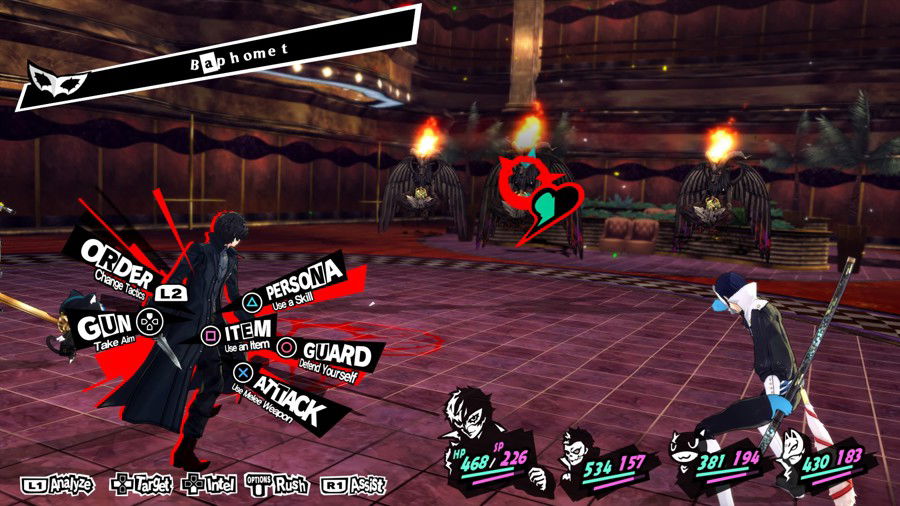
Another very relevant issue is time management: we know that, in modern times, we’re completely incapable of doing everything we really want to do. This is constantly shown in the game, where we have to make choices every day about how we’re going to spend the rest of our precious time (although the protagonist is a high school student, the time spent at school can be interpreted as the time we spend at work, for example).
In addition, the game brings constant frustration: it’s terrible to see how impunity exists, and good people who value the general well-being are punished for trying to fit into a space they don’t belong to.
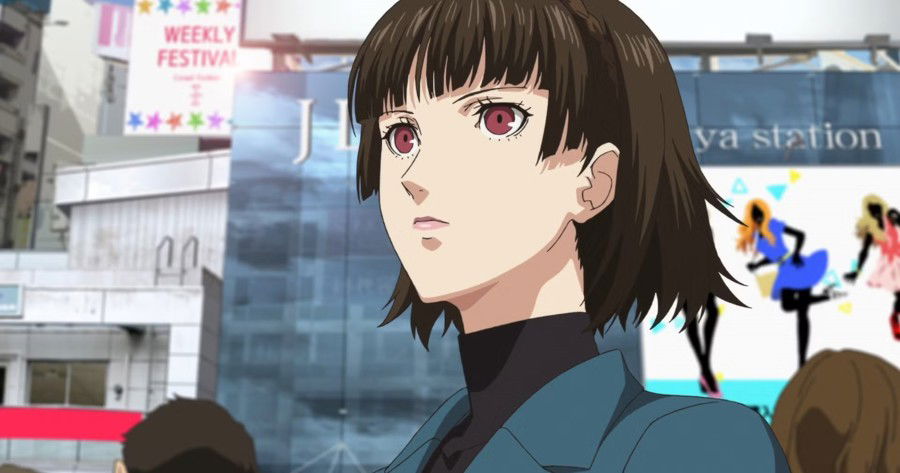
An example of a character that the player likes is Makoto Niijima, the president of the student council at Shujin Academy. Polite and always serious, the character strictly follows all the special requests of the school principal, even if it makes her feel bad about herself. At the same time, she also belongs to a wealthy family, but her sister is absent and has no emotional presence whatsoever, as she’s completely immersed in her work. Family conflicts and relationship conflicts at school or work are issues that we all go through, and they are always relevant.
The Royal Version
Ad
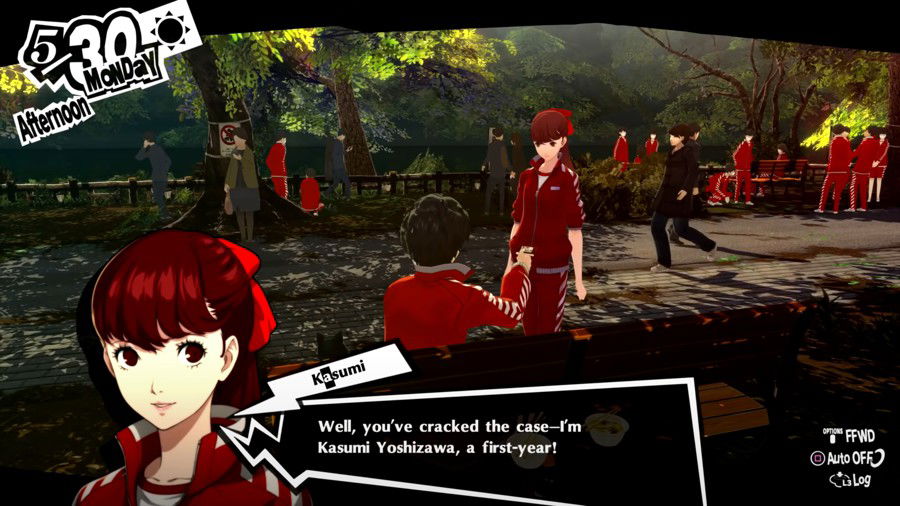
The Royal version adds an extra month (40+ hours of gameplay in total), even more character development, extended scenarios with new enemies and items, and the inclusion of the well-known “true ending”. Not only that, but the character Yoshizawa Kasumi and her entire development arc are also included.
Conclusion
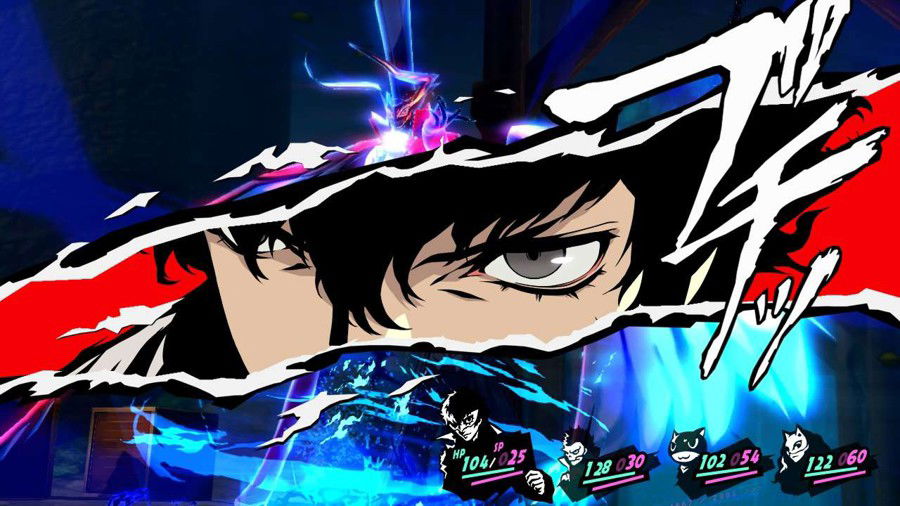
Persona 5 Royal is a modern classic that serves as the perfect gateway for players interested in joining the world of JRPGs. It can be played as a series, gradually and with increasing information, or as an exceptional turn-based combat game that rewards those who understand its mechanics. In addition, its plot and genius are timeless, making us reflect on current issues in society and also how we want to act in the face of each situation that’s imposed on us.



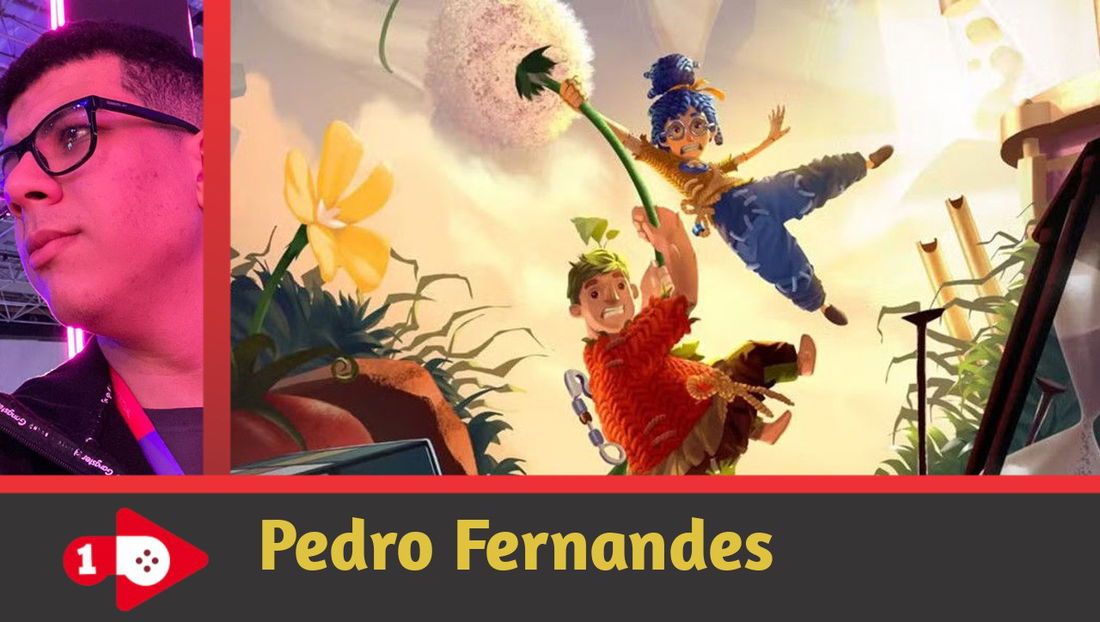




— Comments
0Be the first to comment